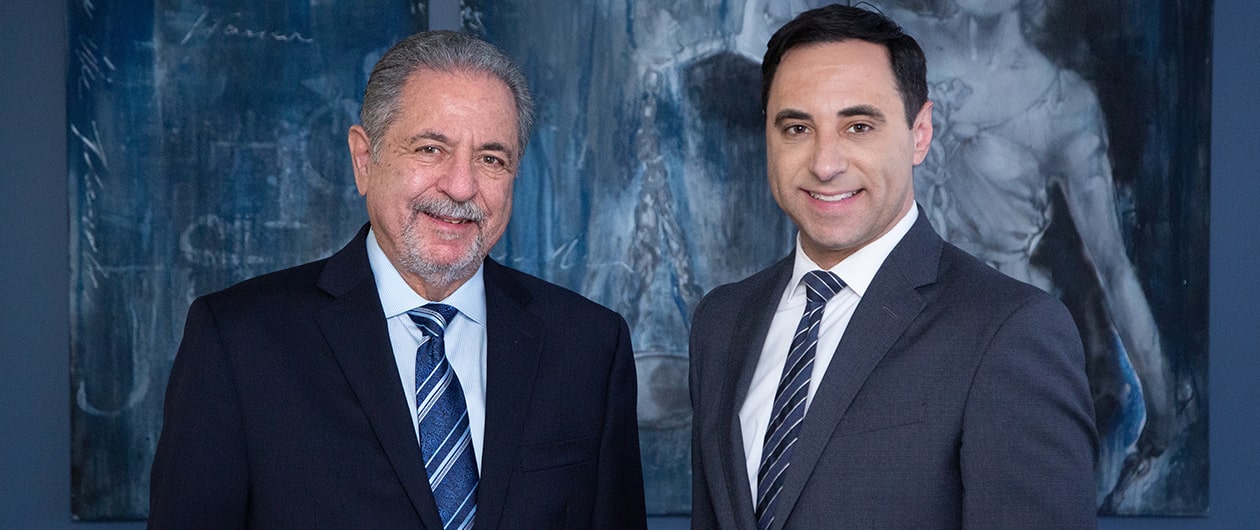What is a Deposition?
Your Deposition Can Be Critical to Your Case
A deposition is a proceeding when a party, or witness, in a lawsuit is questioned by attorneys after taking an oath to tell the truth under penalty of perjury. Depositions usually take place in a conference room or other informal setting. They are sometimes videotaped. A shorthand court reporter is present and makes a written record (or transcript) of every question, answer and anything else said during the proceeding. A deposition is used to gather information, to evaluate a party or witnesses’ credibility, and to preserve testimony.
The Los Angeles personal injury attorneys at The Rudman Law Firm, APC, are not only skilled in taking depositions of other parties and witnesses, but we have developed valuable methods for preparing our clients for their depositions, so that they are comfortable with the process, know what to expect, and do their best to help preserve their personal injury claims. Our law firm is dedicated solely to the practice of personal injury and wrongful death cases. Our lawyers have been representing injured victims of accidents in Encino, Los Angeles, and their surrounding communities for more than 75 years combined. We fully prepare our clients for their depositions.
The Purposes of a Deposition
A party to a lawsuit is required to submit to a properly noticed deposition. The deposition will serve many purposes, including:
- Information Gathering. A deposition is an opportunity for a party, through its attorney, to learn information within the knowledge of another party or witness. Through the deposition process, questions seeking information are asked, and answers given may lead to further, or follow-up, questions. The scope of questions allowed to be asked is quite broad. For instance, in a personal injury case, the party who filed the case will generally be asked about the facts of the accident, the nature of their injuries, the medical treatment received, their loss of earnings, the effect of the injuries on their life, prior similar injuries, prior personal injury or workers compensation claims, etc. Witnesses may also be questioned about photographs or documents, or responses they previously gave to written questions called interrogatories.
- Creating a Record. Because every word spoken during a deposition is taken down by a court reporter, and later made a part of a transcript, a written record is created of what the person whose deposition is being taken has said under oath. If during a trial, a party or witness gives an answer to a question that is inconsistent with an answer he or she previously gave in a deposition, the deposition transcript or video may be read or shown to the jury to expose the inconsistency and attack the credibility of the party or witness. Further, when a witness is not available at the time of trial, a deposition transcript may be read, or deposition video can be shown, to the jury.
- Evaluating a Party’s Demeanor. Often times, the deposition is the first and possibly only time that an attorney will meet an opposing party, or witness, in person. Therefore, at the deposition an attorney may evaluate the demeanor of the person being deposed to judge whether they appear credible, and whether they may be sympathetic to a jury. How a person will appear to a jury is an important factor considered by attorneys and insurance companies when determining whether to settle a case or take it to trial.
Legal Representation at the Deposition
A party being deposed will have his or her attorney at the deposition. Although all attorneys prepare their clients in advance of their depositions, attorneys may not coach their clients, supply them with information, or tell them how to answer a question during the deposition proceeding itself. Attorneys may make objections to questions, so that they appear on the record (deposition transcript) for the judge to later make a ruling on whether the question and answer may be read to the jury at the time of trial. When appropriate, attorneys may instruct their clients not to answer a question, if the question seeks protected or privileged information (such as a confidential attorney-client communication) or if the question is clearly intended to harass the client.
The Attorneys of The Rudman Law Firm Help Clients in Accident Injury Claims
Our law firm is fully dedicated to obtaining full and fair compensation for clients in personal injury and wrongful death cases. We have taken, and represented clients in, thousands of depositions. To ensure that you have competent and experienced legal counsel in deposition, and every aspect of your personal injury case, call our Encino office at (818) 769-6969, or toll free at (844) 478-3626 / (844) 4RUDMAN for a free phone consultation.

